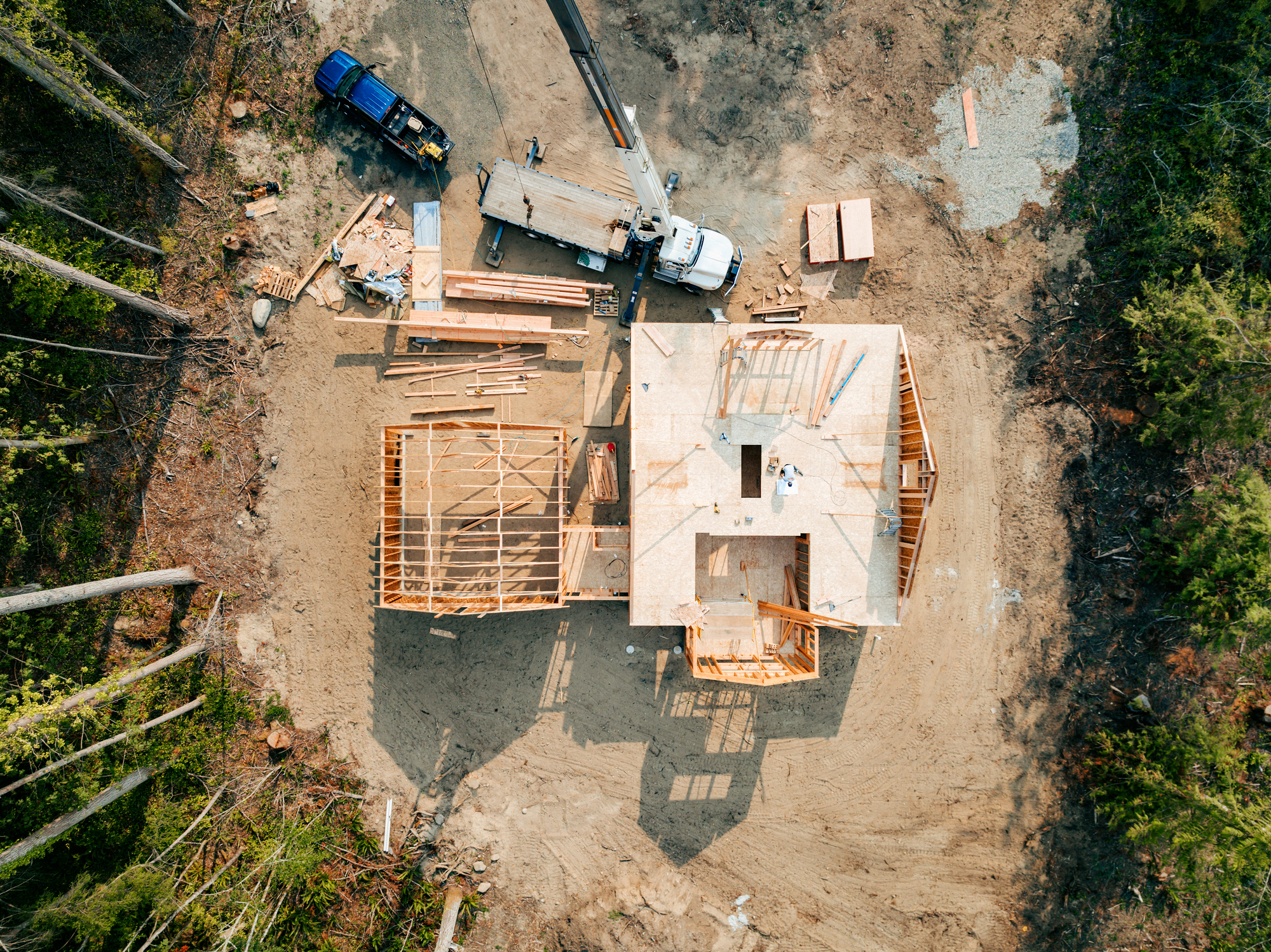If you’re looking to buy your first home, you’re not alone—and you’re definitely not without help. Across the country, and especially in states like Colorado, Montana, Arizona, and Wyoming, a wide range of programs are designed to make homeownership more accessible. These include down payment assistance, favorable loan options, grants, and special incentives for veterans, essential workers, and low- to moderate-income households.
Whether you’re worried about saving enough for a down payment or unsure how to qualify for a loan, this guide will walk you through the best tools and resources available to help you afford your first home.
Why First-Time Buyers Get Extra Help
First-time homebuyers often face unique financial hurdles. Between saving for a down payment, paying closing costs, and qualifying for a loan, the process can feel overwhelming—especially if you’re trying to do it all while managing rent and student debt.
That’s why many programs exist specifically for people who’ve never owned a home or haven’t in several years. These programs can:
- Lower your required down payment: Some programs reduce the amount needed up front to as low as 0–3%, which can make homeownership more accessible without years of saving.
- Reduce your mortgage interest rate: Lower interest means lower monthly payments and less paid over the life of the loan, improving long-term affordability.
- Provide grants or low-interest loans for down payment and closing costs: These funds can bridge the gap between your savings and what’s needed to close the deal.
- Offer looser credit requirements: First-time buyer loans often have more forgiving credit thresholds, making it easier to qualify.
- Help you buy in areas where housing is more affordable: Certain programs are targeted toward specific neighborhoods or rural areas, where your buying power may go further.
Conventional Loans with Low Down Payments
Great for: Buyers with decent credit and stable income.
Conventional loans are the most common type of mortgage—and some come with just a 3% down payment requirement:
- Conventional 97: Just 3% down, requires private mortgage insurance (PMI), and generally requires a credit score of 620 or higher. It’s a solid option for buyers with moderate income.
- HomeReady (Fannie Mae): Requires just 3% down and is designed for moderate-income buyers. It offers reduced PMI rates and flexible income requirements.
- Home Possible (Freddie Mac): Similar to HomeReady, this program supports first-time buyers with limited savings and allows co-borrowers who don’t live in the home.
- HomeOne: Exclusive to first-time buyers with 3% down, no income limits, and available for various property types.
- HFA Preferred/Advantage: Offered through state Housing Finance Agencies (HFAs), these programs offer affordable financing and are often paired with down payment assistance.
Note: You’ll get these loans through approved lenders, not directly from Fannie Mae or Freddie Mac.
Government-Backed Loans
Best for: Buyers with lower credit scores or no down payment savings.
These loans are insured by federal agencies, making them easier to qualify for.
- FHA Loan: Requires as little as 3.5% down with a credit score of 580 or higher. Great for buyers who need flexibility in credit and income.
- VA Loan: Offers zero down, no PMI, and competitive rates for eligible veterans, active-duty service members, and surviving spouses.
- USDA Loan: Offers 100% financing for homes in designated rural areas. Income limits apply, but it’s an excellent option for those who qualify.
First-Time Buyer Help by State
Colorado, Montana, Arizona & Wyoming all offer state-specific help.
Each state operates a housing finance authority (HFA), which provides affordable mortgage options and down payment assistance:
- Colorado: CHFA loans include competitive interest rates, optional down payment assistance, and Mortgage Credit Certificates (MCCs) for ongoing tax savings.
- Montana: Montana Housing programs offer first-time buyer loans, 0% interest down payment loans, and options tailored for rural buyers.
- Arizona: Home Plus offers grants up to 5% of the loan amount, while the Pathway to Purchase program offers targeted assistance in specific cities.
- Wyoming: WCDA provides low-interest mortgage loans with optional down payment assistance, and education programs to prepare buyers.
Find your state’s HFA website to browse offerings and requirements.
Down Payment Assistance (DPA) Options
Ideal for: Buyers who can afford monthly payments but struggle with upfront costs.
Types of assistance:
- Grants: These are funds you don’t need to repay, often offered by local governments or nonprofits to help cover down payment and closing costs.
- Deferred Loans: These loans don’t require payment until you sell, refinance, or pay off your home. Often offered at 0% interest.
- Forgivable Loans: The loan is fully forgiven after a set period (usually 5–10 years) as long as you remain in the home.
- Matched Savings: Some programs match your down payment savings dollar-for-dollar, helping you reach your goal faster.
Other Federal and Nonprofit Programs
- Good Neighbor Next Door: HUD offers a 50% discount on select homes for teachers, firefighters, EMTs, and law enforcement officers.
- HomePath ReadyBuyer: Get up to 3% closing cost assistance when buying a Fannie Mae foreclosure and completing a short online course.
- Energy Efficient Mortgages (EEMs): Add energy-saving improvements into your mortgage and save on future utility bills.
- Habitat for Humanity: Offers affordable homes to buyers willing to contribute sweat equity. Ideal for low-income individuals and families.
- NACA: Provides loans with no down payment, no closing costs, and no PMI. Qualification is based on financial behavior, not credit score.
Loans for Fixer-Uppers
If you’re open to renovations, an FHA 203(k) loan can cover the purchase price and repair costs. This lets you buy a lower-priced home that needs work and make improvements right away—without needing separate financing.
Employer-Sponsored and Student Programs
- Employer-Assisted Housing (EAH): Some employers offer grants, forgivable loans, or closing cost assistance to help workers live near their jobs.
- Grads Programs: Recent graduates—typically within the past 48 months—may be eligible for down payment assistance or favorable loan terms. For example, Ohio offers Grants for Grads.
Tax Benefits
- Mortgage Credit Certificates (MCCs): Offer a federal tax credit of up to $2,000 annually. Available through state HFAs and can reduce your tax bill directly.
- Mortgage Interest Deduction: Allows you to deduct interest on up to $750,000 in mortgage debt (or $375,000 if single), helping reduce taxable income.
Questions to Ask Your Realtor or Lender
- Do I qualify as a first-time homebuyer? Some programs consider you a first-time buyer even if you’ve owned a home in the past—if it’s been more than three years.
- What local or state programs could I apply for? Your lender or real estate agent should know what’s available in your area.
- Can I combine down payment assistance with a low-down-payment loan? Often yes—many programs are stackable, which can increase your purchasing power.
- What are the upfront costs I need to prepare for? Understanding closing costs, inspections, and prepaid taxes is key to avoiding surprises.
- Are there income or purchase price limits on the programs available? Many programs have caps—ask what limits apply and if you qualify.
How to Get Started
- Check your credit and work to improve it if needed. Good credit can unlock better loan terms.
- Get pre-approved with a lender who works with first-time buyer programs. This helps you shop with confidence.
- Research your state’s HFA website to see what assistance and loan programs are available.
- Talk to your employer—some companies offer housing benefits or down payment assistance.
- Work with a real estate agent who understands these programs and can guide you to qualifying homes.
Final Thoughts
Buying your first home is a major milestone—and with the right programs, it’s more within reach than ever. From state-backed loans to federal assistance and grants, first-time buyers have plenty of resources to lighten the financial load. Whether you’re in Colorado’s mountain towns, Montana’s open plains, Arizona’s desert suburbs, or Wyoming’s quiet communities, smart planning and the right loan can help you get the keys to your new home.










